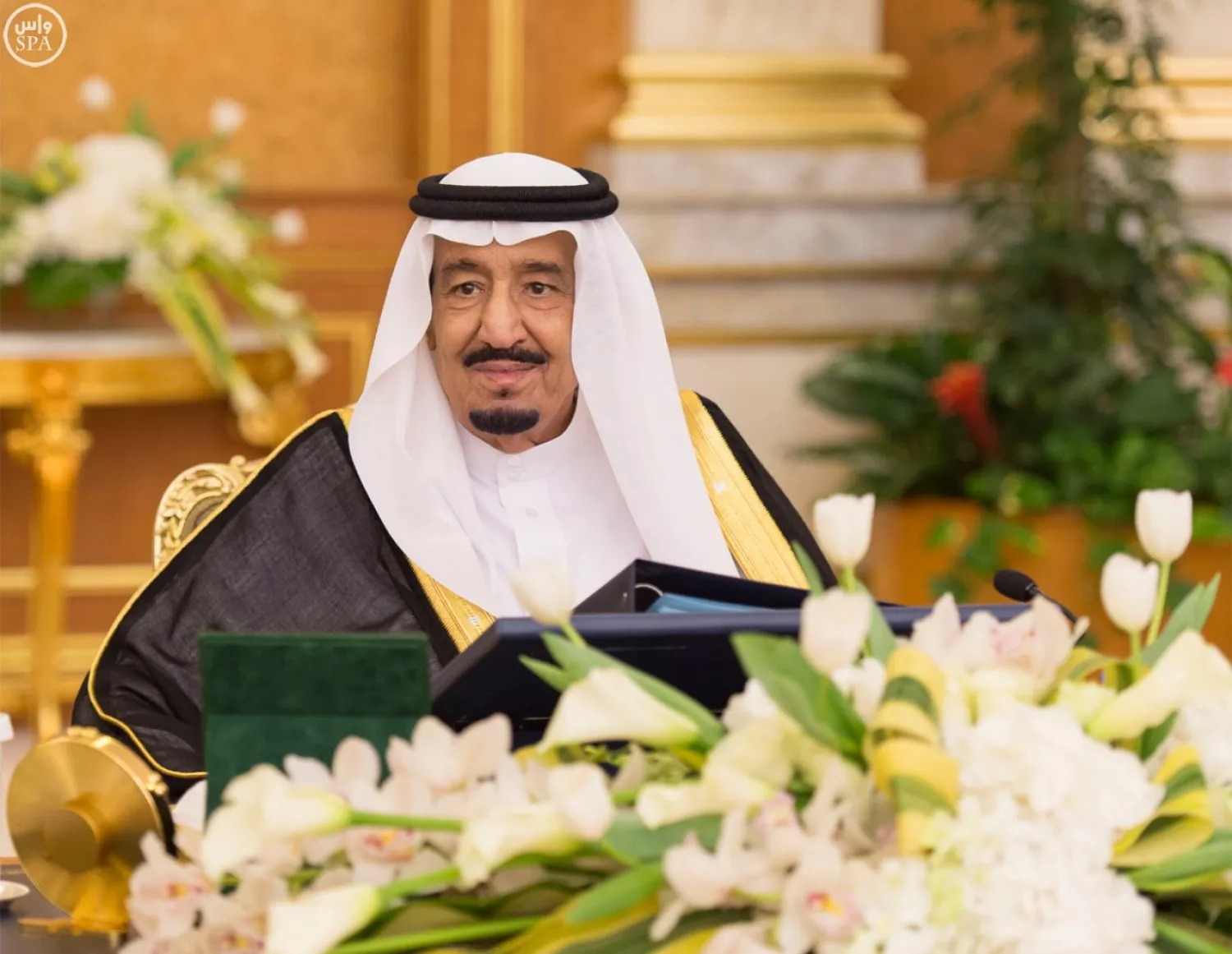Saudi King Salman bin Abdul Aziz welcomed the participants of the upcoming G20 summit, which will be hosted by Saudi Arabia next year, hoping to establish a dynamic and cooperative environment for the group to come up with initiatives to achieve the hopes of the peoples of the world.
The Custodian of the Two Holy Mosques asserted that international collaboration is more important than ever in an increasingly interconnected world, where G20 countries and their people face common challenges.
Saudi Arabia is the first Arab country to take over the G20 presidency, which will continue until late 2020. The summit will be held in Riyadh on November 21 and 22, bringing together leaders of 20 countries to discuss the most important issues in the global economy, climate change, poverty in developing countries, and others.
“We, in the G20, have a collective responsibility to advance global cooperation. We should empower people, pave the way for a better future for all and strive for sustainable economic policies to safeguard planet earth,” asserted King Salman.
He noted that the Kingdom will be forward-looking and adopt a bold long-term vision that makes the most of the current wave of innovation to shape new frontiers, noting that the theme of the Saudi G20 will be “Realizing Opportunities of the 21st Century for All.”
“In doing so, we will build on the strong legacy of the G20, which has demonstrated the ability to take the long-term view of future challenges and opportunities and to deal effectively with urgent issues.”
The Custodian indicated that the Kingdom is currently undergoing a historic transformation under Vision 2030 that aims to foster a vibrant society, a thriving economy, and an ambitious nation.
The Kingdom will work with G20 members to exchange experiences, solidify global cooperation, and find solutions for the world’s most pressing challenges of the 21st century, asserted King Salman.
Crown Prince Mohammed bin Salman also asserted that the Saudi G20 presidency is committed to continuing the work from Osaka and promoting multilateral consensus.
“Working with our G20 partners, we will strive to deliver concrete actions and realize opportunities to enable us to face the challenges of the future.”
The Crown Prince noted that, in hosting the G20, the Kingdom will have an important role to play by sharing the perspective of the Middle East and North Africa region.
“We believe this will be a unique opportunity to shape consensus on international issues as we welcome the world to the Kingdom.”
Leading to the summit, Saudi Arabia will host over 100 events, including meetings of officials and representatives of communication groups.
The G-20 was established in 1999 in Washington to promote international financial stability and create dialogue opportunities between industrialized and emerging countries, and have since then been held annually in various cities of member states.
The summit in Saudi Arabia, will focus on three aims including: empowering people, especially women and young people, safeguarding the planet by fostering collective efforts on food and water security, climate, energy and environment, and shaping new frontiers by adopting long-term, bold strategies to share the benefits of innovation and technological advancement.









